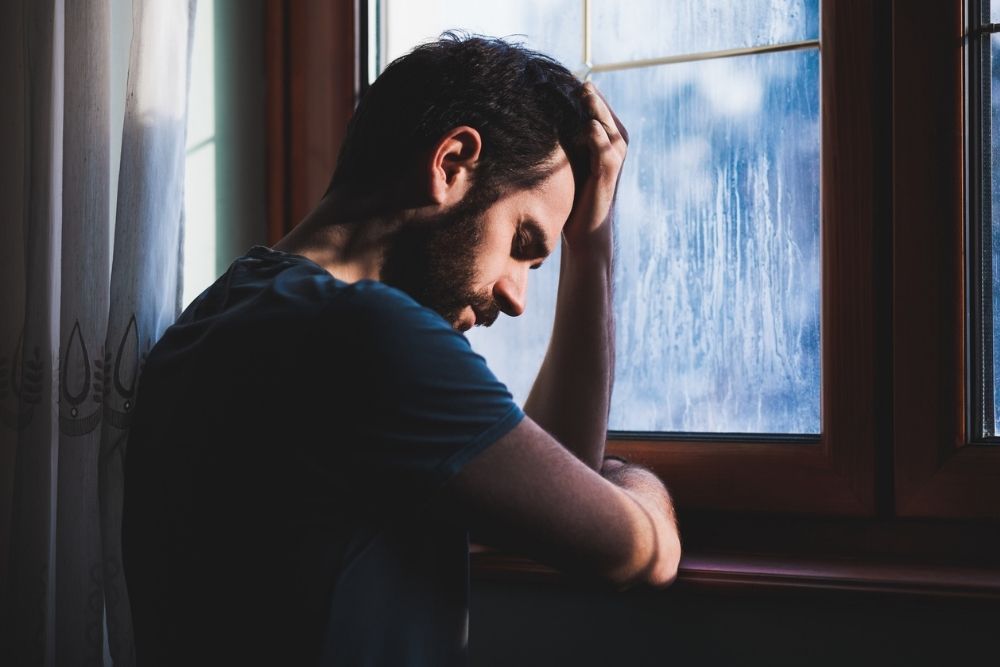Imperfection is an unavoidable part of the human condition. All people make choices that they later regret. According to Dr. Brene Brown, a well-known and respected researcher, speaker, and author who has extensively studied and written about shame, the problem isn’t that we make mistakes, but that we allow our mistakes to define us. “The difference between shame and guilt is the difference between ‘I am bad’ and ‘I did something bad,’” Dr. Brown says.
Trauma History
For a person who has struggled with addiction, their feelings about their mistakes may have more complicated layers than those of other people. For starters, a person with substance use disorder is more likely to have experienced a great deal of trauma. This trauma might include things like child abuse, domestic violence, and poverty, all of which are likely to impact a person’s sense of self-worth and merit. They may even blame themselves for these traumas, regardless of their lack of control over these situations.
Vulnerability
Detractors sometimes point out that everyone experiences hardship, but not everyone turns to substances. While this is true enough, traumatic occurrences don’t impact everyone in the same way. What one person finds mildly upsetting could be horribly life-changing for someone else. This could be because one person is surrounded by enough protective factors (stable finances, supportive family, etc.) to allow them to comfortably navigate tough situations, while the other person has no such buffers and feels overwhelmed and unprepared to address the situation. In cases such as the latter, the person is more likely to suffer negative long-term effects from the occurrence and also more likely to experience additional traumatic events.
Toxic Shame
People who have experienced intense trauma may struggle to address toxic shame that they have internalized. Psychology Today suggests several options for treating toxic shame:
- Get out of your head – Instead of internally repeating hostile messages you may have accepted about yourself, it can be helpful to tell someone how you feel about yourself and to get help in finding new ways of seeing your own value.
- Embrace the inner child – If you’re still hurting as an adult, then it’s not just the current version of you that needs healing. The child you once were also needs to be given the tools to recover.
- Understand that other conditions may be tied into toxic shame – Depression, codependency, and other struggles common to people in recovery from addiction are often intimately linked to feelings of shame.
- Give love to yourself – Seeing the beauty within will allow you to refill your own cup, rather than depending on others to make you feel valuable, important, and loved.
Compassionate Accountability
Feelings of shame are the enemy of recovery. As stated above, shame tells us that our value is destroyed by our mistakes, and thoughts like this undermine recovery by fueling relapse. A person in recovery must strike a healthy balance of forgiving themselves and being compassionate with themselves while also taking responsibility for their choices. A person who wants to live a lifestyle that is conducive to sustained sobriety and mental wellness must gift themselves the forgiveness that is needed to let go of shame.
Grieving
It is also perfectly normal for people to experience grief as part of addiction and recovery. One might grieve the life they imagined they would lead, the damage that drugs have done to their health, the loved ones they’ve lost as a result of substance use, and even the loss of the coping mechanism (substances) they no longer have. It is not wrong to feel this grief, and it is not indicative that a person is going to start using again, but it is important to have someone safe to talk to about these difficult feelings. This might include a sponsor, a therapist, a grief counselor, or even just a trusted friend or family member.
At The Pavilion, we assist our guests in finding a path to self-acceptance and love as part of their individualized, whole-person treatment plan. We understand the complicated feelings that can go along with the recovery process and are eager to help our guests address them in productive ways.





